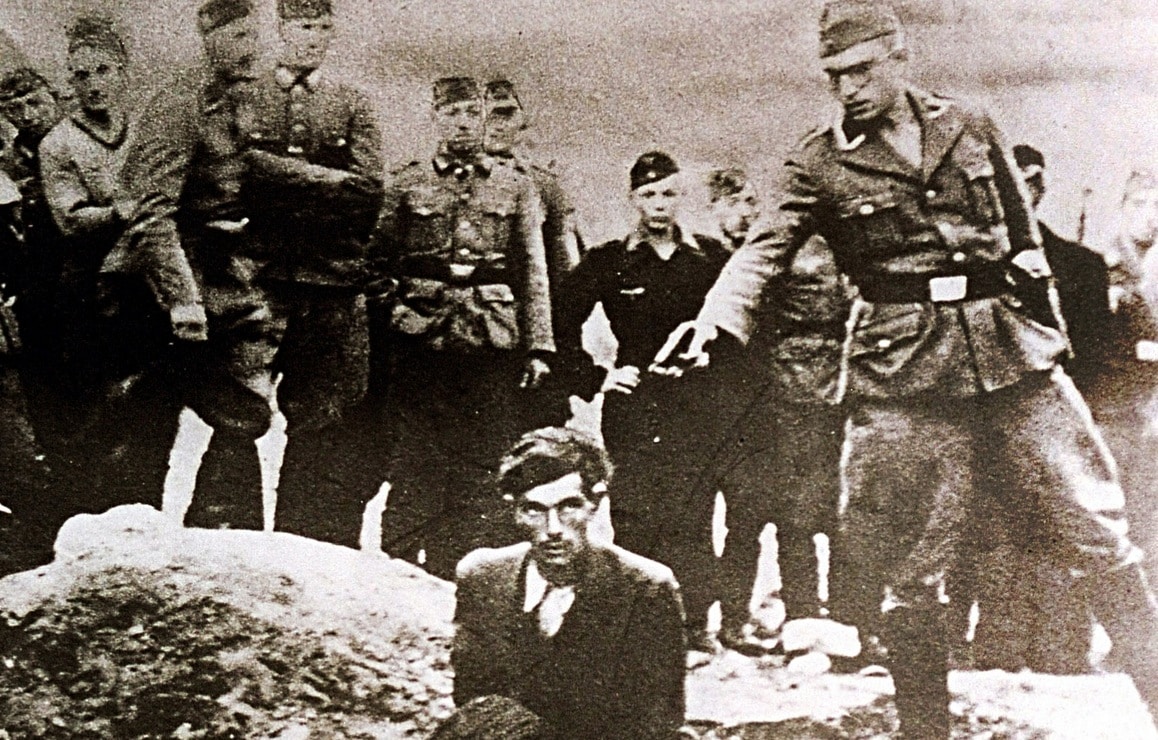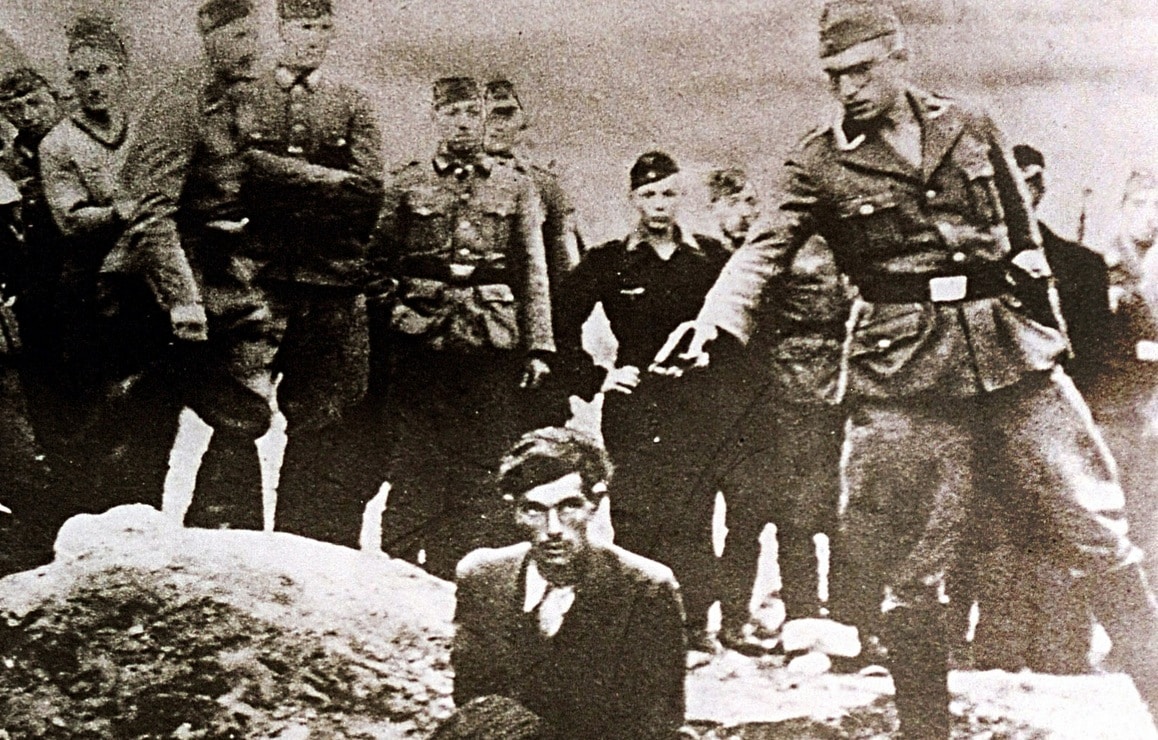We have been discussing the rising attacks on free speech across the country, including students and faculty who support the silencing of speakers who hold opposing views. What is most concerning is that these attacks are working. The latest example can be found in New Jersey where the Broadway Theater in Pitman cancelled an event because anti-free speech organizations and individuals threatened protests and some even threatened to burn down the theater. Among the speakers was journalist Andy Ngo, who suffered a brain hemorrhage after being beaten by Antifa supporters at an event in Oregon. My concern is not with planned protests but the coordinated effort to have the event cancelled to prevent others from hearing opposing views.
The one-day conference was set to discuss “combating racism, violence, and authoritarianism.” Sponsored by Minds.com, there were 20 speakers planning to discuss a variety of issues. They included speakers who had once support but later became disillusioned with some leftist groups. This included Tim Pool, who calls himself a “disaffected liberal” and Josephine Mathias, who has opposed sexual orientation as not equal to race or ethnicity. Mathias was the only black speaker in the line up. It also included Lauren Chen, a conservative blogger.
It also included British YouTuber Carl Benjamin, who has been accused of sexist comments about rape, and Mark Meechan, a Scottish YouTuber who became a global figure when he taught a dog to give Nazi salutes (which he insisted was a joke with his girlfriend’s pug). He was convicted of a hate crime after the court deemed his motivation immaterial to the fact that it was offensive under hate speech laws. I have previously written critically of these laws in France, Germany, England and other countries.
Daryle L. Jenkins, executive director of One People’s Project, an activist group based in New Brunswick, N.J., called the lineup of speakers “the worst of the worst.” Holding such an event, he said, “is like picking a fight.” The statement was classic for the rising anti-free-speech movement. Allowing opposing views to be heard is now considered a provocation. Most of us would support Jenkins’ right to protest outside and contest the views of these people. However, the pressure was to get the theater to cancel the event so others could not hear the opposing views.
No Hate NJ, a coalition of organizations, insisted that the “hateful” event could not be held. In a statement right out of the Antifa handbook, the group said “The event is advertised as a ‘discussion,’ but it’s really just an echo chamber for far-right rhetoric that will bring hateful and violent people to Pitman.” In other words, no such discussion could be allowed between these speakers.
I know nothing about any of speakers beyond Meechan, but their specific views are immaterial if you truly believe in free speech. What Antifa wanted to do (and succeeded in doing) was to prevent opposing views from being heard.
I have previously discussed how Antifa and other college protesters are increasingly denouncing free speech and the foundations for liberal democracies. Some protesters reject classic liberalism and the belief in free speech as part of the oppression on campus. The movement threatens both academic freedom and free speech — a threat that is growing due to the failure of administrators and faculty to remain true to core academic principles. Dartmouth Professor Mark Bray, the author of a book entitled “Antifa: The Anti-Fascist Handbook” is one of the chief enablers of these protesters. Bray speaks positively of the effort to supplant traditional views of free speech: “At the heart of the anti-fascist outlook is a rejection of the classical liberal phrase… that says I disapprove of what you say but I will defend to the death your right to say it.” He defines anti-fascists as “illiberal” who reject the notion that far right views deserve to “coexist” with opposing views.
It only took a couple days for the campaign, No Hate NJ, to intimidate the theater owners. The venue’s Twitter account was also hacked. There was also a threat to burn the theater to the ground.
Once you declare opposing views to be a provocation and an attack, it is easy to mobilize to silence people on the other side. dam Sheridan of Cooper River Indivisible declared “We don’t want South Jersey being used as a platform for these far-right extremists. For us this is about community self-defense.” See? It is that easy. It is not censorship or intimidation. It is self-defense.
Once again, this is about the campaign to cancel the even and not to protest the event. One is about barring free speech and the other is about the exercise of free speech . . . on both sides.
Reprinted with permission from JonathanTurley.org.


